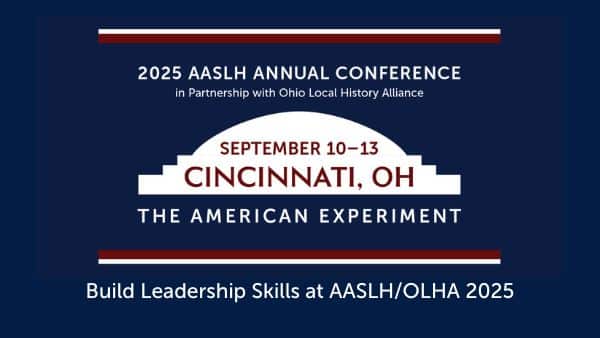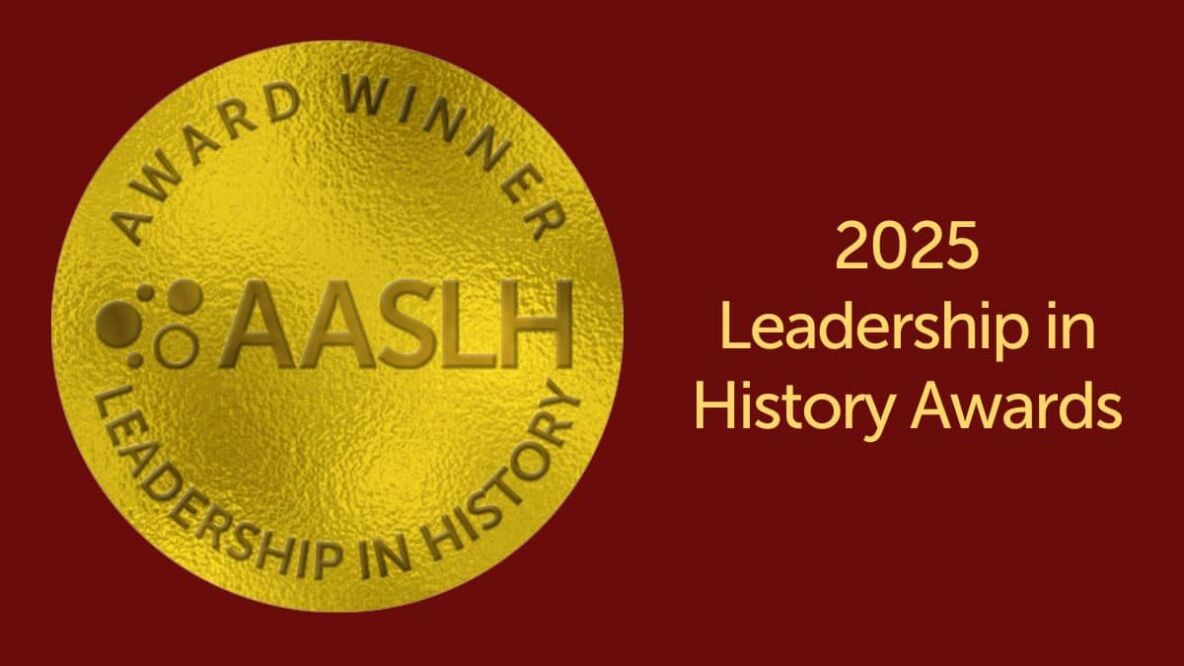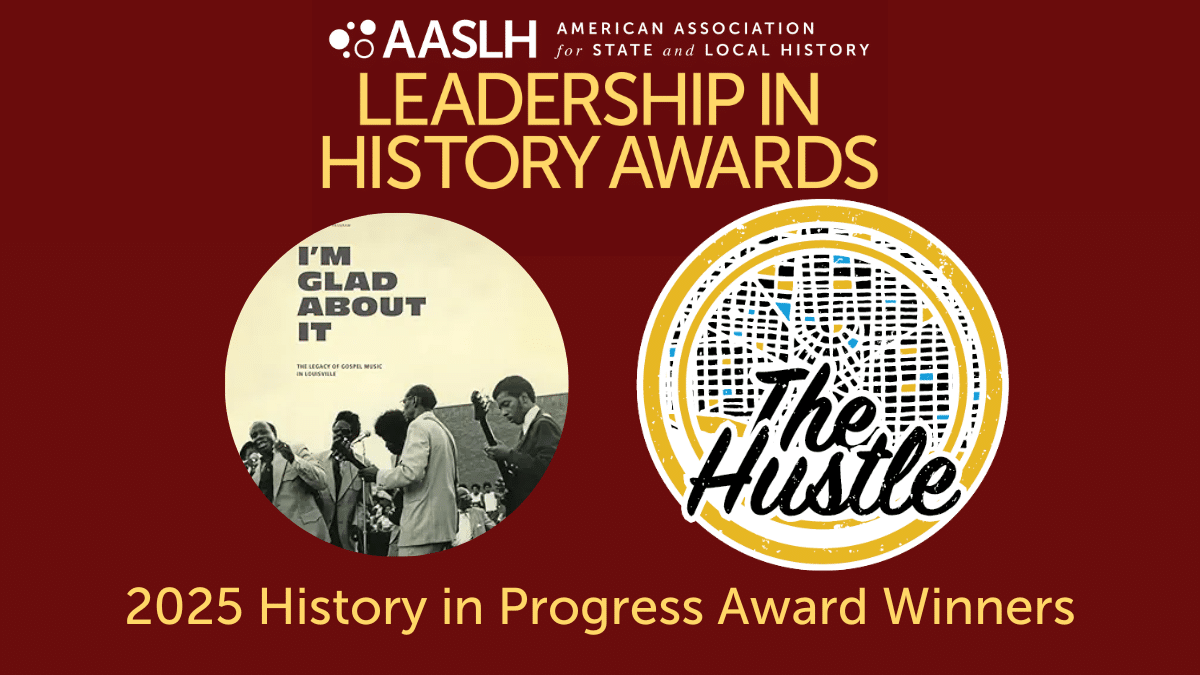
By Cherie Cook, Senior Program Manager, AASLH
Last week, the AASLH Council adopted a revised and re-titled position paper to replace the outdated Capitalization of Collections paper published more than fifteen years ago.
Valuing History Collections (2020) explains the association’s longstanding position that collections are held in trust for the benefit of the public and thus are to be treated as educational and cultural assets, not as financial assets. It offers guidance for discussing this position with boards of directors and other governing bodies, and with the public.
Sally Yerkovich, director of Educational Exchange and Special Projects at the American-Scandinavian Foundation and an adjunct professor at Columbia University, chaired the working group tasked with updating the paper. “Revision work began in mid-2019, long before COVID-19 became an issue for all of us. But we are pleased that it may be even more useful now as we all face the financial stresses the new coronavirus has brought to our doors.”
Valuing History Collections answers common questions about treating collections as assets, including:
- What does it mean for an organization to treat its collection as financial assets?
- What does it mean to capitalize a collection?
- What circumstances might lead to collections being capitalized?
- What does it mean to encumber a collection?
- Do deaccessioned objects become financial assets when they are sold?
- How should your collections be represented in financial documents?
The Association’s position on these important questions is based upon its Statement of Standards and Ethics (revised 2018).
In addition to Yerkovich, the working group for the project included Erin Richardson, Ph.D., principal at Frank & Glory; Adam Scher, Vice President of Collections for the Virginia Museum of History & Culture, and Heather Hope Kuruvilla, M.A., J.D., instructor in the graduate arts administration programs at Kutztown University of Pennsylvania and University of Kentucky. All are members of the AASLH Standards and Ethics Committee, which makes recommendations to Council and works with staff on professional expectations within the field.
AASLH encourages history organizations to include a copy of Valuing History Collections in their board of directors’ orientation manual or other materials that help keep their governing body updated on standards and ethics for the field.
Learn more about AASLH committees here.



